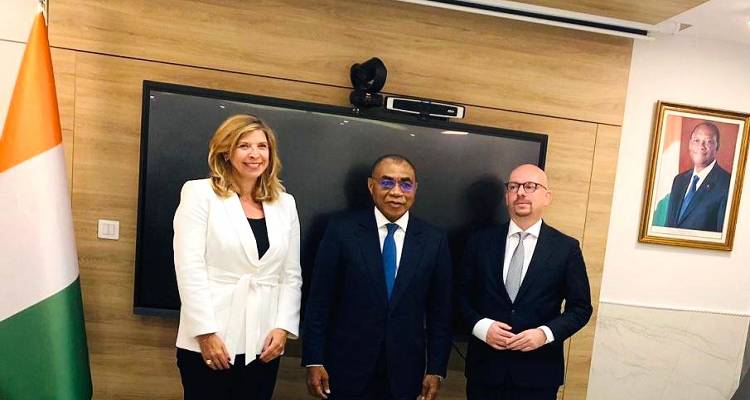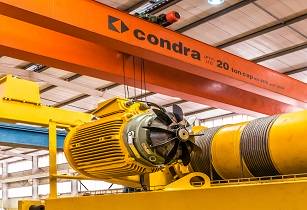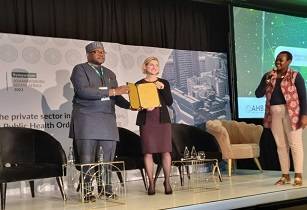
Cummins has been expanding its footprint across the world with its hydrogen technology, for a sustainable present and the future. (Image source: Adobe Stock)
In the second MENA Energy meet, Cummins has decided to deploy large-scale hydrogen projects in MENA region, reinforced by its global presence, mass production facilities, and the active participation in different global energy councils
The recently conducted second MENA Energy Meet gave a collaborative platform for global and regional energy stakeholders, leading industry experts, policymakers, and government officials to discuss approaches and solutions aimed at shaping the future of the energy sector.
Cummins Arabia, a part of this significant consortium, was represented by Alan D Kneisz, global business development director, hydrogen and fuel cell, Cummins, who elucidated the company’s energy transition endeavor. As part of his presentation, he explained how Cummins has been expanding its footprint across the world with its hydrogen technology, for a sustainable present and the future.
Alan shed light on how the demand for fossil fuels might decrease by 2030, giving rise to hydrogen energy demands, and how the MENA region is poised to become a world leader in fulfilling the same. He expounded on the region’s potential because of the captive markets both locally and in Europe, having large demands of Green Hydrogen with aggressive decarbonisation targets.
Showcasing the highlights of Cummins global leadership in electrolysis and fuel cell projects and its green hydrogen ecosystem, the presentation highlights also encapsulated the Cummins product line - for both stationary and mobility applications, and the worlds most advanced fuel cell modules.
The audience was led through the benefits of the advent of the hydrogen ecosystem - leading to zero emissions, and as a low-cost alternative over CCUS. The focus was also on ease of adoption, achieved easily through zero-emission funding for carbon reduction in cities and with local partnerships. Touching upon the much debated topic of scalability, Alan justified how Cummins is well placed to achieve the same for hydrogen and fuel cells production and deployment in the MENA region.
He concluded by stressing on the economic ability of Cummins to deploy large-scale hydrogen projects, reinforced by its global presence, mass production facilities, and the active participation in different global energy councils (such as hydrogen councils) that makes the company a trusted player to meet the needs of the growing hydrogen economy.
To sum up, the 2nd Edition MENA Energy Meet was an abode of knowledge where different speakers shared their expert views on the trends and developments in the energy sector, and highlighted valuable insights into the capability and power of hydrogen to shape its future.









































